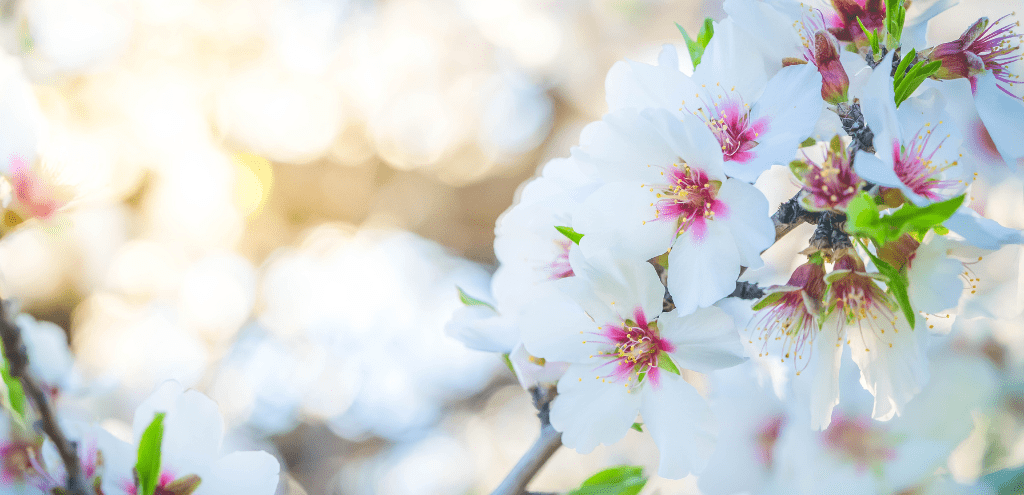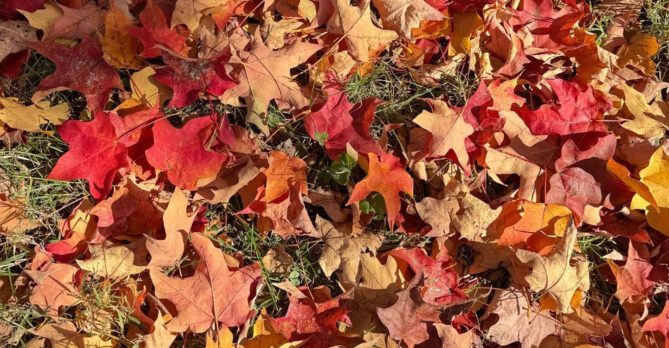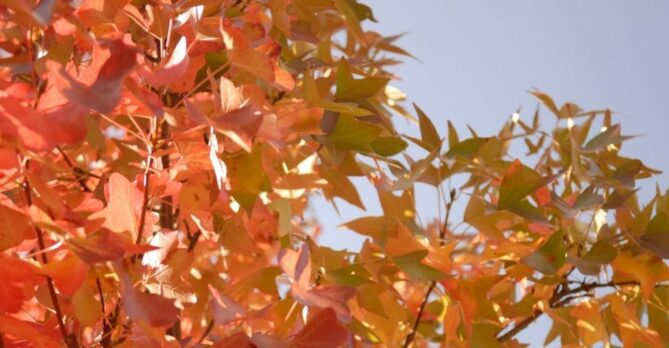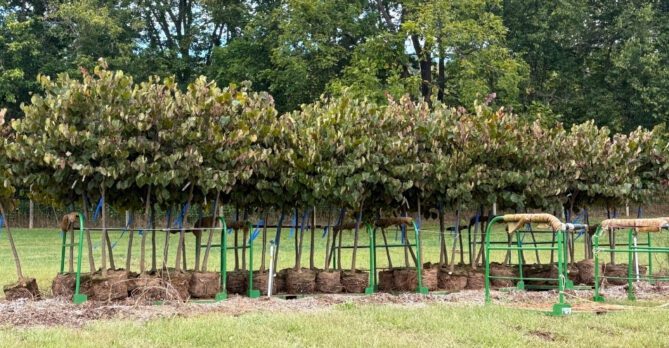
Do you know about the “New Year of the Trees?” The 15th of Shevat on the Jewish calendar—starting yesterday, February 5th at sunset and ending tonight — is a day that marks the beginning of a “new year” for trees. Tu BiShvat is one of four new years celebrated within Judaism. The holiday itself honors the commitment between Jewish people and the land around them as well as their obligations to care for nature as it cares for us.
The Torah states that one may not eat fruit from trees until the fifth year after they are planted. The first three years, the fruit is forbidden, and in the fourth year, the fruit was to be offered to the priests in the Temple.
These laws raised the question of how to determine the age of all the trees and fruit. The rabbis designated Tu BiShvat as the “birthday” of all the trees in order to calculate how old the trees were and when the fruit could be eaten.
Each year on this day, the trees are considered to have aged one more year, and all the fruit trees that are considered five years or older can be eaten from. In Israel, Tu BiShvat marks the beginning of the season when almond trees — the earliest-blooming trees — start to bloom, hinting at the first signs of spring.
While this holiday was originally a way to keep people safe when harvesting and eating off the land — nowadays, many Jewish people consider Tu BiShvat an environmental holiday and use the day to remind themselves of their duty to care for the natural world.
To celebrate the day, consider planting a tree or adopting one in honor of a loved one! We also have the option to make a commemorative gift in someone’s name that goes towards all of our planting efforts. While we don’t have almond or apricot trees, we have plenty of flowering fruit trees available to plant on your property at little or no cost through our Residential Planting Programs.


